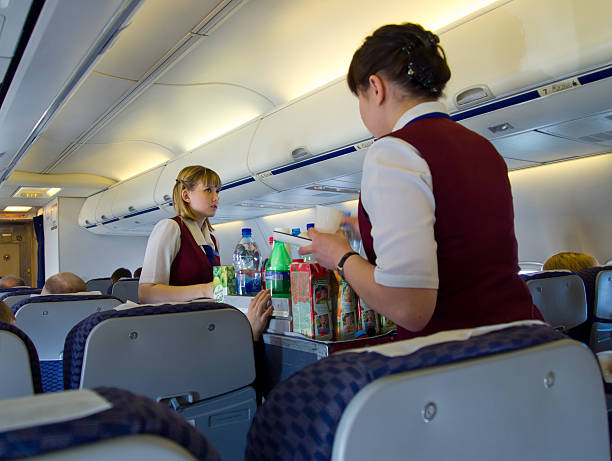Access selected deals available with budget and full-service airlines
Lock any airfare that sounds great. You don’t lose anything if you cancel it
Call us anytime for any assistance. We do not go into hibernation
Your personal and financial information stays secure with us
Utair, officially PJSC Utair Aviation (formerly UTair Aviation until its rebranding in October 2017), is a major Russian airline and one of the country’s leading aviation groups, headquartered at Khanty-Mansiysk Airport (HMA) in the Khanty-Mansi Autonomous Okrug. Founded in February 1967 as the Aeroflot Tyumen Directorate to support the burgeoning oil and gas industry in western Siberia, Utair has grown into a versatile carrier operating scheduled domestic and international passenger flights, extensive helicopter services, and charter operations. With primary hubs at Moscow’s Vnukovo International Airport (VNK) and Surgut International Airport (SGC), Utair serves 123 routes across eight countries as of November 2023, focusing on connecting remote Siberian regions with major cities and select international destinations. Known for its significant role in Russia’s oil and gas sector and as the world’s largest helicopter operator by carrying capacity, Utair employs approximately 11,000 skilled professionals and is listed on the Moscow Stock Exchange (MCX: UTAR). Despite challenges, including U.S. sanctions in 2022 grounding its Boeing fleet, Utair remains a key player in Russian aviation, recognized as the Best Regional Airline in Russia and the CIS at the 2016 Business Traveler Russia and CIS Awards.

Utair’s origins trace to 1967, when the Aeroflot Tyumen Directorate was established to meet the transportation needs of western Siberia’s oil and gas industry. Following the Soviet Union’s dissolution, the directorate reorganized as Tyumenaviatrans Aviation (TAT) in 1991, adopting the Utair name in 2002 to reflect a modernized identity. The airline expanded rapidly in the early 2010s, but faced severe financial difficulties in 2014, prompting a major efficiency program to avoid bankruptcy. By 2017, Utair reported a net profit of €36 million, signaling recovery.
Key milestones include the 2015 sale of its leisure subsidiary Azur Air and UTair-Ukraine to Turkish-based Anex Tourism Group, streamlining operations. In 2017, Utair rebranded from UTair Aviation to Utair, aligning its corporate identity across its diverse services. The airline also formed a cooperative partnership with IrAero in 2018, operating Sukhoi Superjet 100s on routes like Moscow to Kazan. U.S. sanctions in April 2022, expanded in June 2022, restricted Utair’s U.S.-manufactured aircraft due to export control violations, grounding its Boeing fleet and prompting a shift to alternative aircraft and leasing arrangements. Despite these setbacks, Utair transported 6.687 million passengers in 2023, maintaining its position as Russia’s fourth-largest carrier.
As of September 2024, Utair’s mainline fleet consists of 59 aircraft, primarily Boeing models, with the exception of the ATR 72-500 for regional routes. The fleet, with an average age of approximately 15 years, includes:
Utair’s helicopter division, Utair Helicopter Services, is the world’s largest by carrying capacity, operating 338 helicopters (e.g., Mil Mi-8, Mi-26) for oil and gas transport, humanitarian missions, and United Nations contracts since 1991. U.S. sanctions in 2022 grounded Utair’s Boeing fleet, leading to increased reliance on leased aircraft and partnerships with operators like IrAero. Maintenance is managed by Utair Engineering JSC and TS Technic, ensuring compliance with international standards despite sanctions.